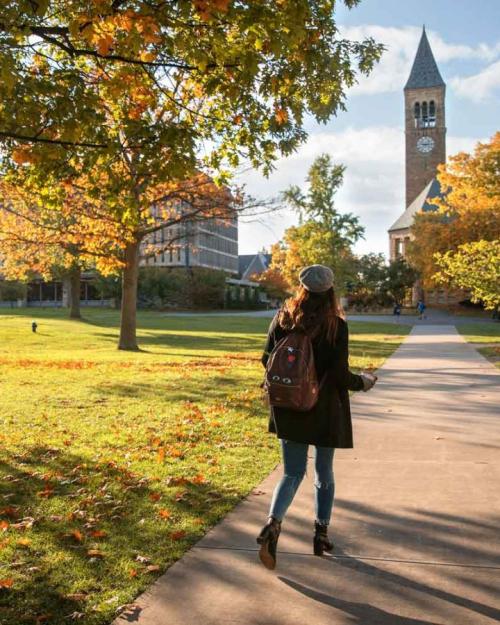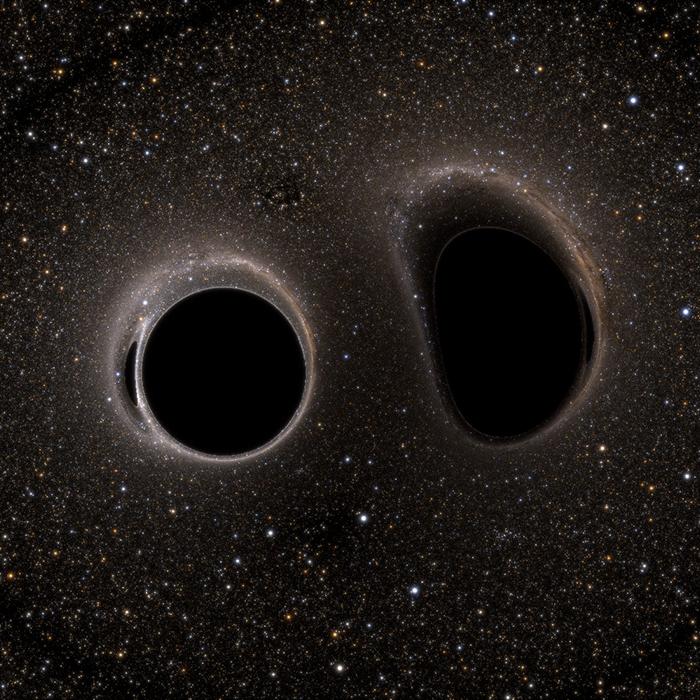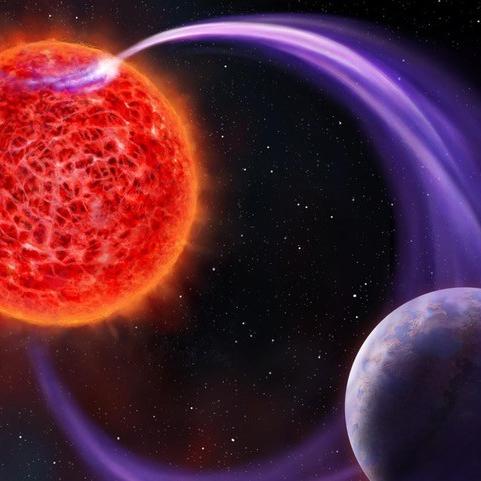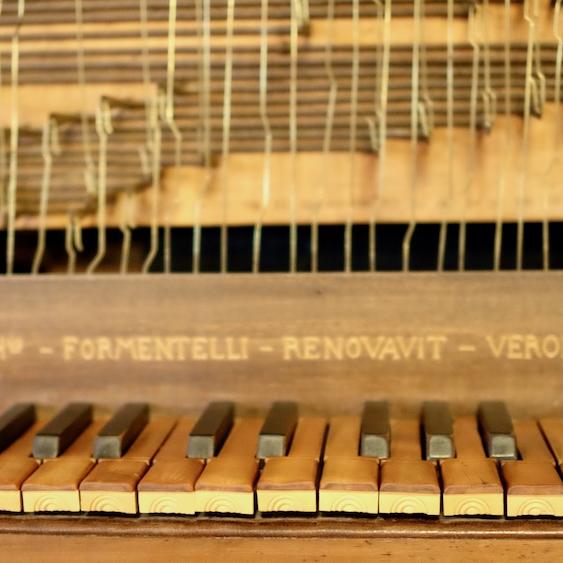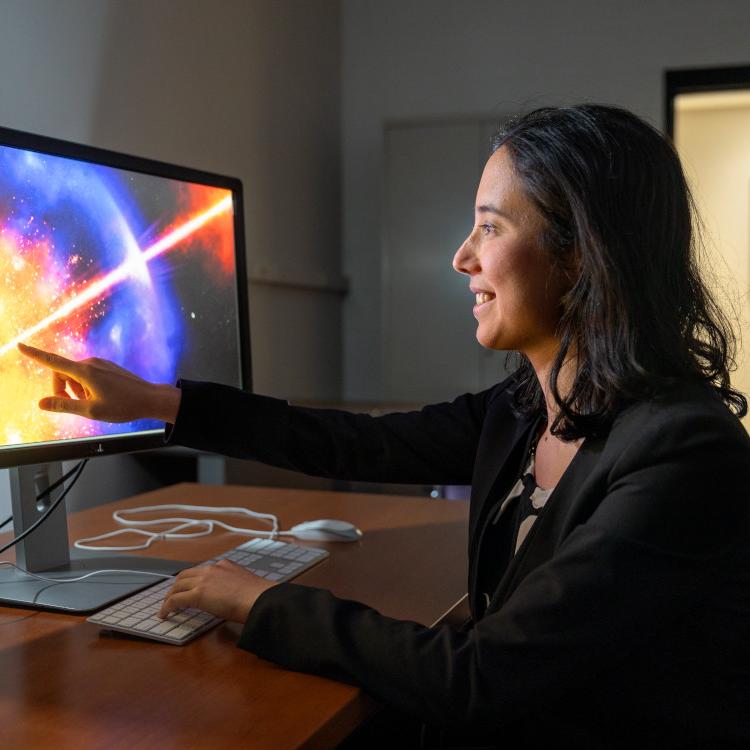
 Department Homepage
Department Homepage
Cornell linked to three 51 Pegasi b astronomy postdocs
Cornell will have connections to three of this year’s eight winners of 51 Pegasi b Fellowships in Planetary Astronomy. Two are coming to Ithaca for three years of postdoctoral work; another is a recent Cornell graduate.
